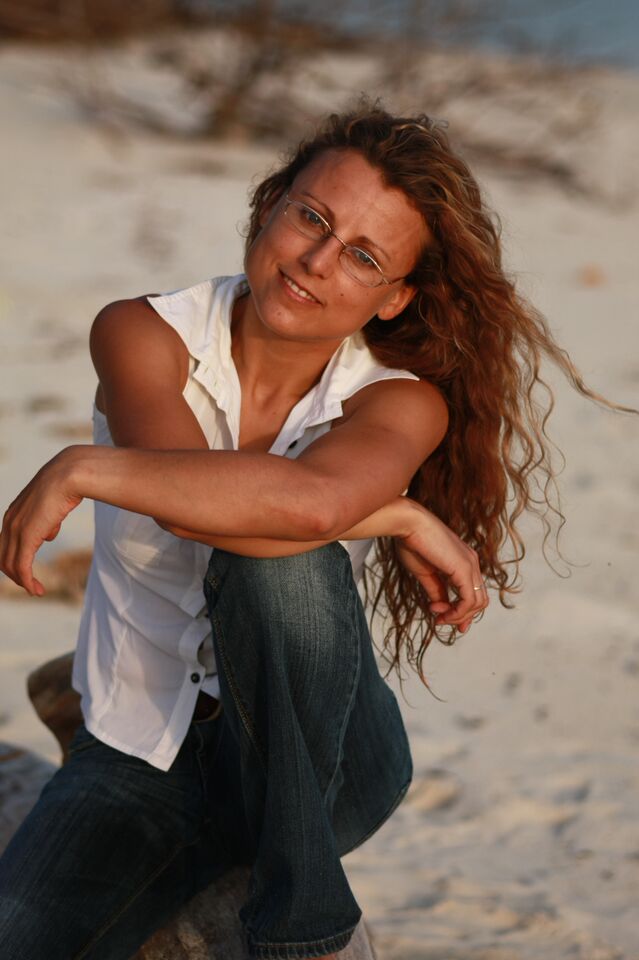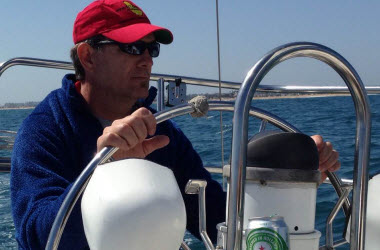January 19, 2016
Our grant recipient, Dr. Sonia Rowley, will soon be heading deep below the surface to the mesophotic region of coral reefs to learn more about the evolution and biogreographic drivers of reef organisms. Dr. Rowley and her team will be using closed-circuit rebreathers to reach depths of beyond 300 ft (100 m). Here, they will likely find many new species and have a great time naming them. While preparing for this work, she is focusing on the never-ending logistics list that needs to be completed before they head out. Check out her latest update below.
 Project update on the undescribed Twilight reefs of Pakin Atoll. Now, you may notice a change in the spelling: Pakihn, Pakin, Pakiin, Pakein, Pakeen, Peguenema…. what do we use? The origins vary, and it’s through local and institutional connections (e.g., history, archeology, botany, linguistics, and education) that a wealth of regional knowledge is being discovered before making it to the plane! We fly to Pohnpei 17th July – 10th August with accommodation, transport, diving consumables, sampling permits and supplies largely in place. The excitement is building as new collaborations are formed with the Waikiki Aquarium: we’re returning armed with live material for exhibit and experimentation. The opportunity is grasped to test an overarching evolutionary hypothesis for the sea fans - and similarly fish biogeography - across the Tropical Pacific. After a rather unfortunate misquote for a CTD for in situ environmental measurements, the hunt is on for cheaper alternatives. Finally, another reason for having a greater understanding of the local language is what do we name our new species?
Project update on the undescribed Twilight reefs of Pakin Atoll. Now, you may notice a change in the spelling: Pakihn, Pakin, Pakiin, Pakein, Pakeen, Peguenema…. what do we use? The origins vary, and it’s through local and institutional connections (e.g., history, archeology, botany, linguistics, and education) that a wealth of regional knowledge is being discovered before making it to the plane! We fly to Pohnpei 17th July – 10th August with accommodation, transport, diving consumables, sampling permits and supplies largely in place. The excitement is building as new collaborations are formed with the Waikiki Aquarium: we’re returning armed with live material for exhibit and experimentation. The opportunity is grasped to test an overarching evolutionary hypothesis for the sea fans - and similarly fish biogeography - across the Tropical Pacific. After a rather unfortunate misquote for a CTD for in situ environmental measurements, the hunt is on for cheaper alternatives. Finally, another reason for having a greater understanding of the local language is what do we name our new species?
Fortunately, my recent award from the Systematics Research Fund will further support this. Anyhow, in keeping with the Mortlockese as the original atoll inhabitants, we’ll use Pakin!
Good luck to Dr. Rowley and her team! Check out more about our grant recipients here.



